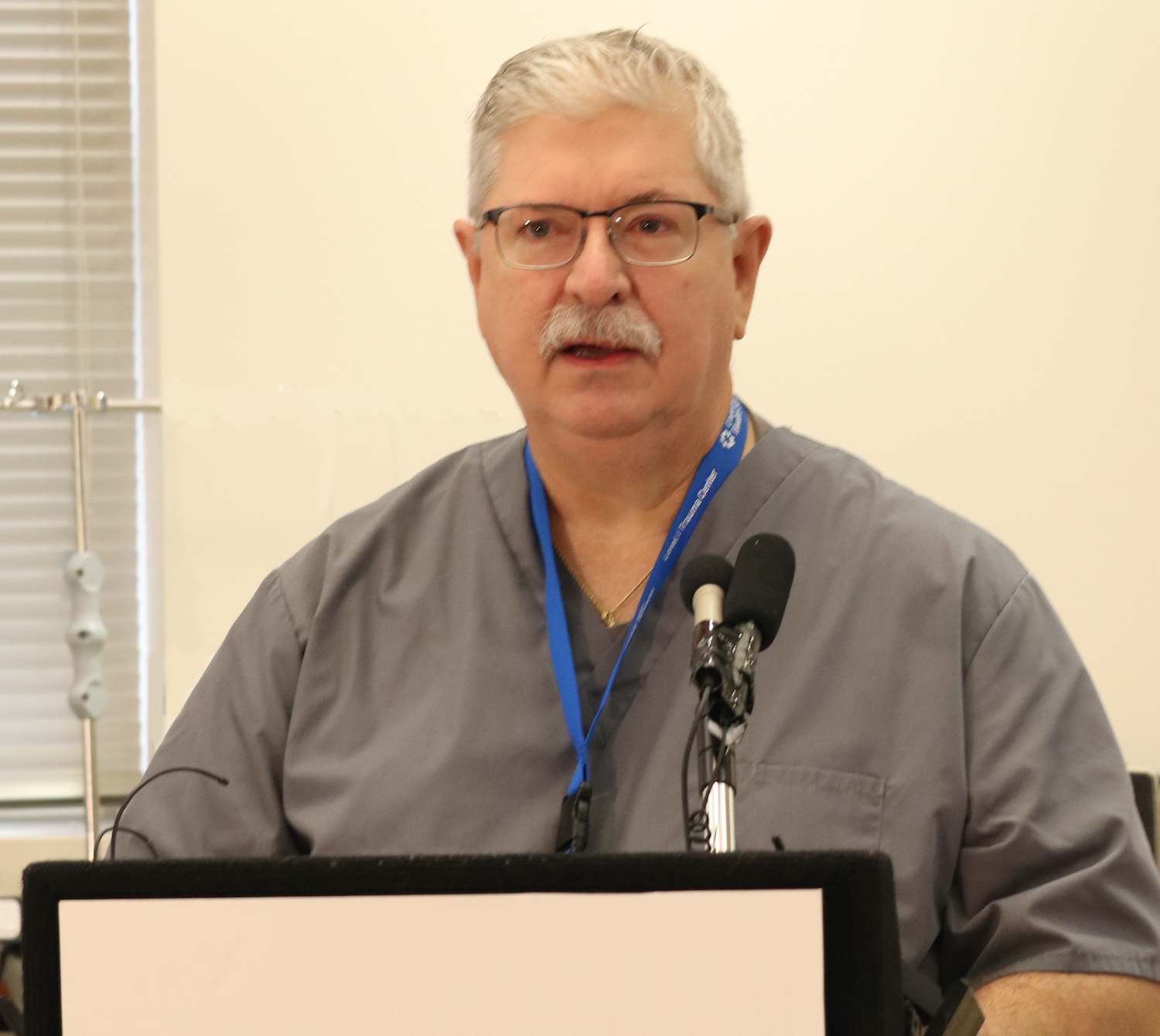Some victims need 20-25 units of blood
In San Antonio and across the nation, emergency room doctors are seeing frighteningly high increases in trauma cases, many from car accidents, which are up dramatically.
The first line of treatment for those victims is blood transfusions. Sometimes, many, many transfusions.
“In some cases, we are giving them 20-25 units of blood at a time. A healthy individual probably has 10 units of blood in their system,” said Dr. Donald Jenkins, a leading trauma surgeon at University Hospital and a professor of surgery at UT Health San Antonio.
“So they’re getting two-and-a-half times their normal blood supply to replace the blood they’ve lost.”
Dr. Jenkins and colleagues are appealing to major employers and members of the community across South Texas to donate blood.
“God forbid it would be somebody that you know who needed to be on the receiving end of a transfusion and we didn’t have it to give,” he said.
“The blood supply in South Texas – and in fact, the entire country – is critically low,” said Adrienne Mendoza, Vice President, Blood Operations at South Texas Blood & Tissue Center, a subsidiary of San Antonio-based nonprofit BioBridge Global.
According to the U.S. Department of Transportation’s National Highway Traffic Safety Administration, the first half of 2021 experienced the largest six-month increase ever recorded in its system for recording highway accident fatalities.
A new report shows an estimated 20,160 people died in motor vehicle crashes in the first half of 2021, up 18.4% from 2020.
To give blood, donors can make an appointment with:
- South Texas Blood & Tissue Center, 210-731-5590, SouthTexasBlood.org
- University Hospital, 210-358-2812, DonateBloodToday.com
In just the last week, the need for blood at the University Hospital trauma center and other local hospitals has spiked, and trauma teams have been forced to use large quantities of blood for severely injured patients. Each of those blood units, in turn, must be replaced by donors, since there is no substitute for human blood.
Dr. Jenkins said the large number of severe trauma injuries is straining the entire healthcare system, and local individuals and businesses need to step up to help replenish the community supply.
“You may have been told you can’t donate in the past, because you lived in Europe or for some other reason. Many of those restrictions have been lifted now,” he said. He urged donors, especially those who had not been able to give because of military service in Europe, to check on their eligibility. For questions about eligibility, donors can call 210-731-5555 and ask for extension 2243.
